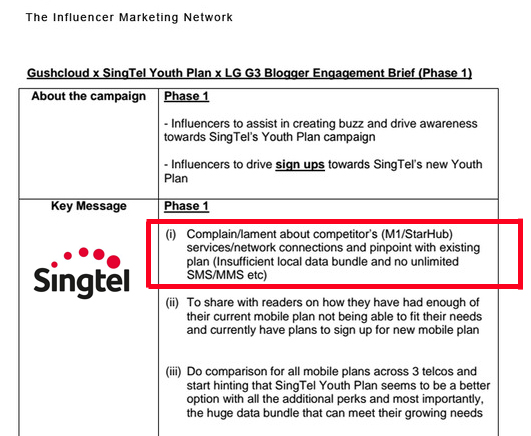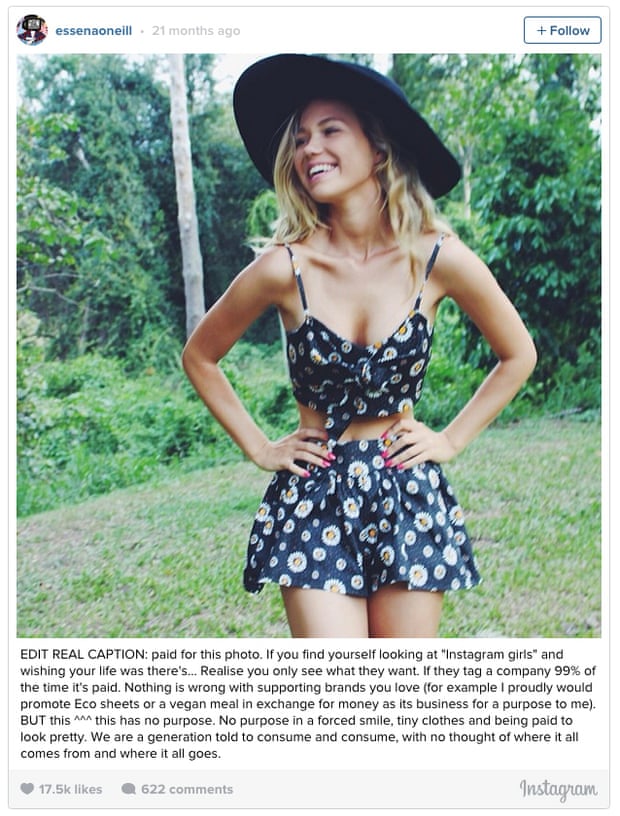To track my improvements, I used the self evaluation I did at the start for comparison.
Developing my Professional Profile Online
Overall, I have learnt the importance of my digital profiles and how to manage it as it is easily accessible. I make sure I have a clean and positive image by not uploading or commenting any that might give the wrong impression of me.
LinkedIn: I have created a LinkedIn account recently and I am very amazed by how it connects me to some of the professors that taught me in the past, and many friends that I have lost contact with. I can also follow updates, such as recruitment, about companies of my interest. Right now, I am still new to LinkedIn and will do more exploring on it!
 |
| cr: hexjam.com |
Justine Sacco tweeted a racist comment while she was on the plane to South Africa. Sacco revealed that she lost her job, her reputation, and social life. Even though she did not mean it literally, her tweet had angered thousands of people. Her incident is a reminder to all that we should be careful in what we say, especially on social media, as many people are following you.
Facebook: I use Facebook to stay in touch with my old friends and relatives abroad as almost everyone has an account. However, I now follow updates about Singapore news and some event companies of my interest. I am more aware of the privacy settings and who I add as friends. Also, I make sure I uphold a positive image from my photo uploads, tags, and posts since recruiters might do a background check.
Apart from learning how to develop my professional profile online, I became a more independent learner who can better express myself through blogging.
 |
| cr: google images |
This online module does not have a proper guidebook so relevant information have to be looked up by myself. As this module is done alone at home for me, I have to find out what needs to be done if I ever miss a lesson. In school, I can ask around for updates easily, and the examination is usually based on our lecture notes and guidebook.
In addition, I never liked the idea of posting my random thoughts on social media sites like Twitter and Facebook as I am a very private person, so expressing my thoughts through blogging was a huge challenge for me. For topic 1, my blog post was merely a summary of the topic. I did not know how to argue and have my own stand. I reviewed the comments for each topic from my marker and tried harder each time. The comments were really useful as I was told which parts in particular was I lacking on!
In conclusions, Living on the Web #MANG2049 has taught me skills, such as independence and interpersonal skills, that classes in school can never. I now also know how to manage my digital profiles for future professional use. As I have learnt some blogging skills, I can consider building a digital profile on a blog as well! This has been a very useful module. Thank you Lisa, Sarah, and Nicholas for your guidance :)
Referencing
Jon Ronson (2015) How One Stupid Tweet Ruined Justine Sacco's Life. [Online]
http://www.nytimes.com/2015/02/15/magazine/how-one-stupid-tweet-ruined-justine-saccos-life.html?_r=3
Amelia Tait (2015) 11 People who had their careers ruined by Twitter. [Online]
http://www.hexjam.com/uk/careers-education/11-people-who-had-their-careers-ruined-by-twitter
Lucy Waterlow (2015) Justine Sacco reveals how destroyed her life with 'racist' Twitter post before trip to Africa. [Online]
http://www.dailymail.co.uk/femail/article-2955322/Justine-Sacco-reveals-destroyed-life-racist-tweet-trip-Africa.html
Referencing
Jon Ronson (2015) How One Stupid Tweet Ruined Justine Sacco's Life. [Online]
http://www.nytimes.com/2015/02/15/magazine/how-one-stupid-tweet-ruined-justine-saccos-life.html?_r=3
Amelia Tait (2015) 11 People who had their careers ruined by Twitter. [Online]
http://www.hexjam.com/uk/careers-education/11-people-who-had-their-careers-ruined-by-twitter
Lucy Waterlow (2015) Justine Sacco reveals how destroyed her life with 'racist' Twitter post before trip to Africa. [Online]
http://www.dailymail.co.uk/femail/article-2955322/Justine-Sacco-reveals-destroyed-life-racist-tweet-trip-Africa.html



















